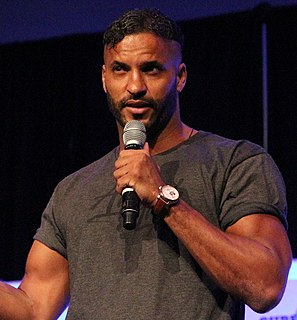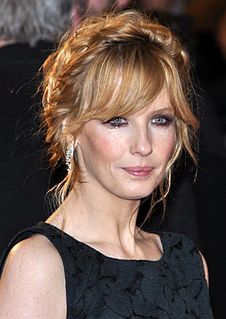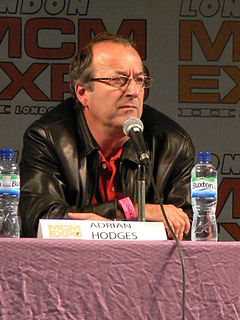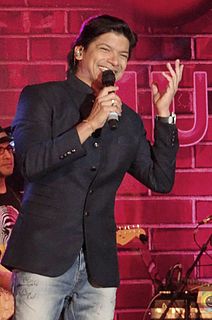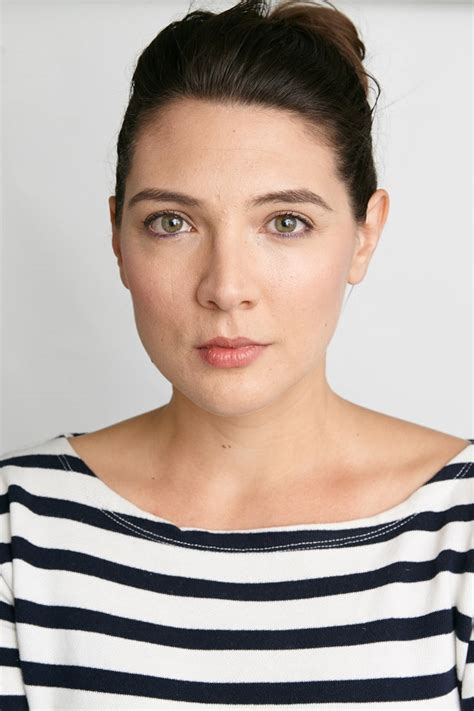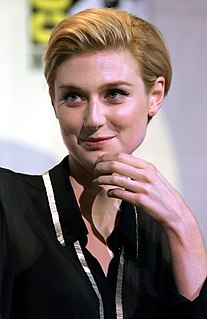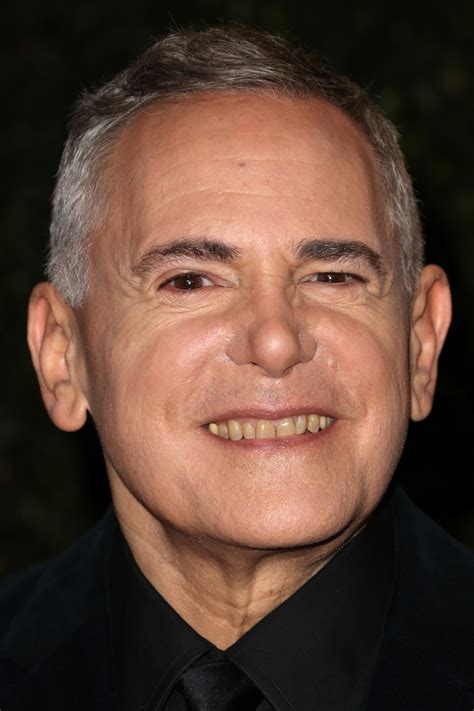A Quote by Ricky Whittle
As actors, when you can't be in the room with the casting director or the producers, you put yourself on tape and send it off.
Related Quotes
Auditioning is a funny one. It's all about energy. If you walk into a room and the room feels off or the people feel off, that can set you off. If the room is very small. I know which casting directors I should go to, because the place is conducive to doing a good job and the people are conducive and I know the other ones aren't, in which case I send in a tape.
You do see a few people and you are thinking of how that chemistry is going to work, but it's not really fair to put people who are auditioning together in a room. You have to make that judgement yourself, and that's partly where the casting director is so good. It was that blend that we were looking for.
I think casting is really important. Finding the right sensibility for the right part is an art in itself. If you're off there, you make it harder on yourself as a director. And it's fun to work that out with the actors. I don't think there's any magic to directing actors. It's very instinctual. Working with actors is really one of my favorite creative moments of the whole process, and the most fun, because it's collaborative. I spend a lot of time rehearsing. I'm very rehearsal-oriented, probably because I have some background in theater. I like knowing what will work beforehand.
Finally, I was called for "The Office" and I was really lucky, because a lot of the shows that I went out for I would work my way up from, like, an audition with the casting director to the director to the producers to the studio, I'd go through seven auditions, and then they'd give the role to a famous actress.
A good director creates a playground for actors, and lets them go. The trick for a good director is in casting properly, and creating the playroom, and then they'll get stuff that they don't expect, and can't even direct. All the audience wants to believe is that whatever is happening, it is happening for the first time. They want to see the people within the work exchanging dialogue and action in that moment. There are not a lot of actors that can do that.
I just think there are a lot of celebrities who don't feel that they have a voice. A lot of actors come from a place of fear, and that's just a general statement about actors. You're terrified the casting director won't like you, you're terrified the producer won't like you, you're terrified the director won't like you, and on and on.
There's a lot to be said for being in a room with a casting agent or a director. There are things you can't really replicate when you're self-taping and there's the bonus of having someone to direct you, which is extremely helpful. The benefit of self-taping is, I suppose, being on your own clock. It's certainly more relaxing to self-tape than to audition with someone in the flesh but I don't know if it's necessarily better.
